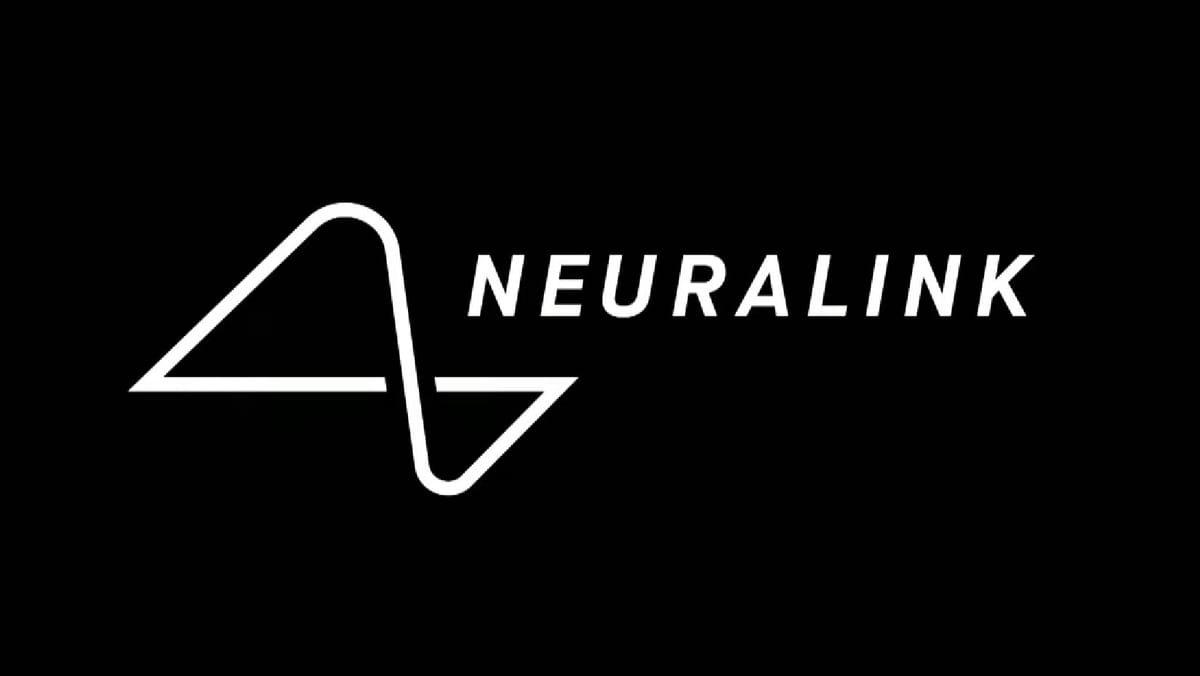Neuralink's Breakthrough: A Patient Playing Chess Using Brain Implant
BCIs decode brain signals and translate them into commands for external technologies, offering hope for individuals with severe paralysis to control devices using neural signals.

Neuralink, the brain implant company founded by Elon Musk, has achieved a significant milestone in the field of neuroscience. In a live video streamed on Wednesday, the company showcased its brain-computer interface (BCI) technology being utilized by Noland Arbaugh, the first human patient to receive Neuralink's device.
The recipient of this technology is Noland Arbaugh, a 29-year-old man living with quadriplegia. In a video livestream shared by Neuralink, Arbaugh expressed his excitement and gratitude for the transformative impact that the brain chip implant has had on his life. Despite encountering some challenges, Arbaugh revealed that the device has enabled him to play online chess and video games using only his mind, marking a remarkable achievement in his ability to interact with technology.
"It's not perfect. I would say we have run into some issues," Arbaugh acknowledged during the livestream. "But it has already changed my life ... I feel like it's going to change the world."
BCIs decode brain signals and translate them into commands for external technologies, offering hope for individuals with severe paralysis to control devices using neural signals. Several companies, including Paradromics, Synchron, Blackrock Neurotech, and Precision Neuroscience, have developed similar BCI systems and implanted devices in human patients. However, Neuralink's high-profile status, attributed to Musk's involvement, has drawn considerable attention to the field.
Neuralink's achievement comes amidst growing interest and investment in brain-computer interface research. Other companies, such as Synchron, have also made strides in this field, receiving FDA approval for human testing of their own brain-implant devices. Institutions like Mass General Brigham are also actively involved in brain-computer interface research.
As Neuralink progresses with its research and development efforts, the promise of its technology offers hope for individuals with disabilities, signaling a transformative era in neuroscience and human-computer interaction.




